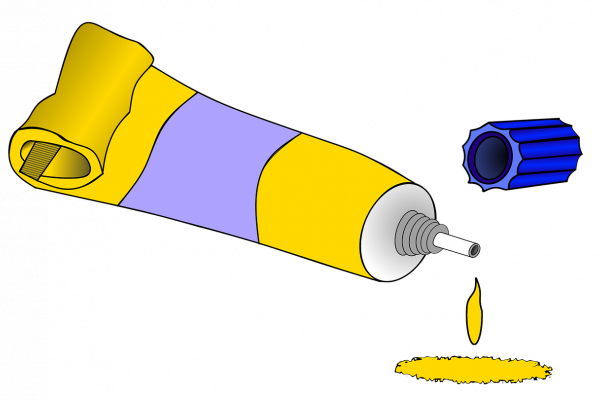Superglue could be used to recycle plastic into more useful products
Interviews with Scientists
Interviews about medicine, science, technology and engineering with scientists and researchers internationally...
How do hospitals prepare for the arrival of critical patients?
Dogs and their owners are being recruited as citizen scientists.
A new advance in technology could bring us another step closer to real life invisibility cloaks.
A new technique could help reduce the likelihood of developing Alzheimer's, by opening up the blood brain barrier...
Could a Mediterranean diet really cut cancer risk?
Coffee lovers beware: drinking it at night disrupts your body clock by almost an hour, leading to less sleep...
If our climate continues to warm, will ocean circulation change? And what effect will this have on the future of our...
Have oceans circulated differently before, and what happened then?
What controls how water in the oceans moves, and how is this linked to climate?
The climate’s been changing for millions of years. How do we know, and why should we worry now?
We humans are wired for laziness! Unconsciously, we alter the way that we move to minimise the number of calories...
Scientists are preparing to launch a helium balloon with a telescope attached to detect Dark Matter.
Fakes cost economies billions, but this could be about to change with the development of a 3D bar code.
The discovery of a new species of human ancestor, called Homo naledi, has been unveiled by scientists in South Africa...
And finally, it’s time for our gene of the month, and this time - Oh my God, they killed Kenny!
Professor Robert Plomin from Kings College London explains why twins are so interesting to geneticists, and what they...
Meaghan Jones is studying a group of Canadian children looking at the genetic, epigenetic and environmental triggers of...
David Van Heel has been studying the Born in Bradford cohort to search for so-called ‘human knockouts’.
One man who’s been digging into the Born in Bradford data is Eamonn Sheridan from Leeds University.
Professor John Wright leads the Born in Bradford study, involving thousands of families across the city, aiming to...
The iridescent wings of a tropical butterfly could hold the key to developing new highly, selective gas detection...
In the 1960s, only 5% of seabirds where found to have eaten plastic; now that figure has reached 90%.
Headlines claim 'bad' fats, like butter, may not be so bad after all, but what does the science say?
A prototype, 3D-printed robotic hand that can be made faster and cheaper than current prosethetics has won the UK leg...
